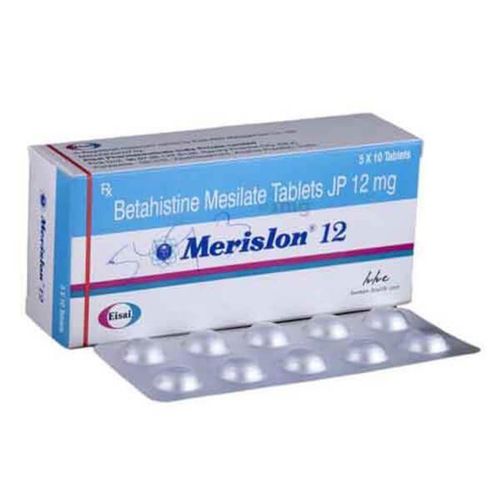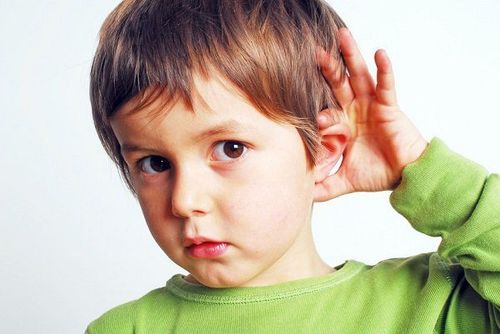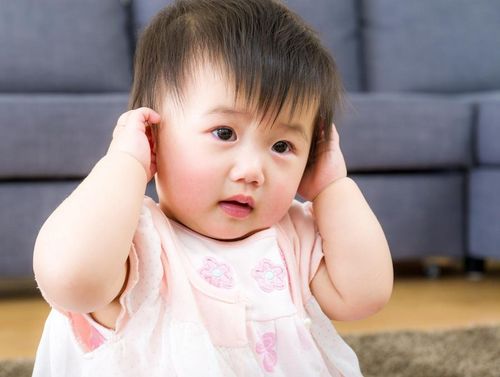This is an automatically translated article.
Hearing loss in the elderly or deafness in the elderly is increasingly common. However, the many options available for hearing screening in the elderly are very effective. This article will focus on discussing 3 hearing impairment tests older adults can do themselves.
1. Hearing loss in the elderly and hearing tests for the elderly
Age-related hearing loss is the most common cause of hearing loss in older adults. Hearing loss in the elderly is usually gradual, progressive, and bilateral, affecting the higher hearing frequencies first.
Pure acoustic audiometry is the standard objective test for hearing loss and tests the ability to hear sounds at a range of discrete frequencies, typically between 250 and 8000 Hz, at various decibels. There is no widely accepted definition of hearing loss, although many guidelines define mild hearing loss as the inability to detect frequencies associated with speech intelligibility below 25 dB and hearing loss. average because of the inability to detect those frequencies below 40 dB. There is often a conflict between the objectively measured degree of hearing loss on pure tone audiometry and the subjective perception of hearing problems.
The prevalence of mild or more severe voice frequency hearing loss has been estimated to be 14.1% in adults aged 20 to 65 years and increases significantly with age, to 39.3% in adults aged 60 to 69 year old. Observational studies indicate that hearing loss is associated with higher rates of incidental disability and need for nursing care, social isolation, depressive symptoms, and cognitive impairment or dementia. dementia.
Hearing loss is a common but underreported problem in older adults. It is estimated that 1 in 4 adults over the age of 70 has a hearing loss. Hearing loss is a matter of great concern as it has recently been found to be independently associated with cognitive decline in older adults. Hearing loss can also lead to miscommunication, social withdrawal, confusion, depression, and impaired functioning.
Tests to diagnose hearing loss or hearing loss in the elderly may include:
Physical exam: Your doctor will look at possible causes of your hearing loss, such as earwax or inflammation caused by an ear infection. Your doctor will also look for any structural causes of your hearing problems. General screening tests: Your doctor may use a whisper test, which asks you to cover one ear at a time to see how well you hear words spoken at different volumes and how you react to other sounds. Its accuracy may be limited. App-based hearing testing: Mobile apps are available that you can use on your own on your tablet to screen for moderate hearing loss. Tuning fork Test: A tuning fork is a metal instrument with two ends that makes a sound when struck. Simple tests with an adjustable fork can help your doctor detect hearing loss. This assessment can also reveal where the damage has occurred in your ear. Audiometer test: In these more thorough tests conducted by an audiologist, you wear headphones and listen to sounds and words directed to each ear. Each tune is repeated at a low level to find the quietest sound you can hear.
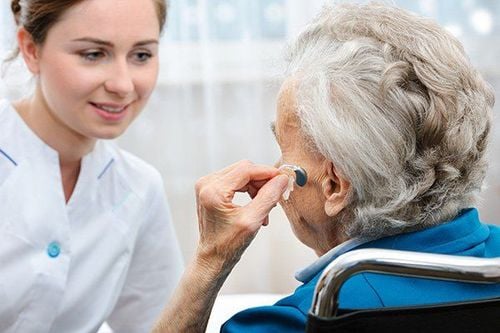
Kiểm tra thính lực cho người già
2. 3 hearing impairment tests seniors can do themselves
There are now many options for hearing testing for the elderly who are deaf. Hearing loss tests in the elderly give different information about what is being assessed and what information they provide specialists to select hearing loss tests depending on their health status. health of the patient, the type of hearing loss they are evaluating.
Sensorineural hearing loss (also known as neural deafness) occurs due to structural problems in the ear or problems with the nerves that regulate hearing. According to scientific studies, it can appear at any age and is usually permanent. Conductive hearing loss occurs when a blockage prevents sound from entering the ear. Common causes include fluid accumulation and ear infections.
If your doctor suspects you have hearing loss, he or she may refer you to an audiologist or an ENT doctor for testing and diagnosis. The specialist may recommend one or more of the following tests to check for hearing loss in the elderly:
2.1. Pure tone test
The tone test (also known as the air conduction test) is one of the most commonly used hearing tests. During a pure sound test, an audiologist will ask you to wear headphones, listen to a series of "beep" sounds, and indicate what sounds you can hear, according to MedlinePlus. By directing sound through your outer and middle ears, the timbre test can reveal your sensitivity to sounds at different frequencies. You may need additional testing to determine the type of hearing loss you have.
2.2. Bone conduction
This test can help your doctor determine if your hearing loss is conductive, sensory, or both. Using a bone-vibrating headset, your provider sends targeted sound right to your inner ear. According to the University of California, San Francisco, if you can hear better with bone conduction, you most likely have hearing loss caused by conduction coming from the outer or middle ear. On the other hand, your hearing loss is nerve-sensitive if you hear sound equally well with standard headphones and a bone vibrator.
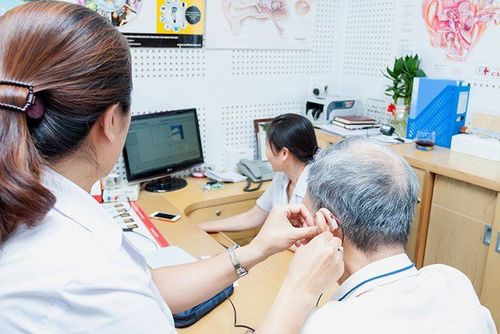
Kiểm tra thính lực cho người già
2.3. Auditory brain stem feedback (ABR)
The ABR test checks your inner ear and brainstem for signs of damage. It may be helpful to diagnose sensorineural hearing loss. According to the University of California, San Francisco, your doctor will conduct an ABR test by placing electrodes on your head with a temporary adhesive and connecting them to a computer. The computer will record your brainwave activity and monitor how it responds to the sound.
Audiologist Jewell Baggett-Strehlau, AuD tells WebMD Connect to Care: “After a full assessment, the audiologist can interpret the results, indicate which frequencies are affected, and discuss the possible problems. treatment options. “An audiologist can also advise patients and their families about the sound of their voice, how to get the most out of visual cues, adjust to the environment, use annotations, or make the most of visual cues,” says Baggett-Strehlau. other supporting devices. In many cases, hearing loss is a treatable condition.
Please dial HOTLINE for more information or register for an appointment HERE. Download MyVinmec app to make appointments faster and to manage your bookings easily.
References: webmd.com, aafp.org, mayoclinic.org




